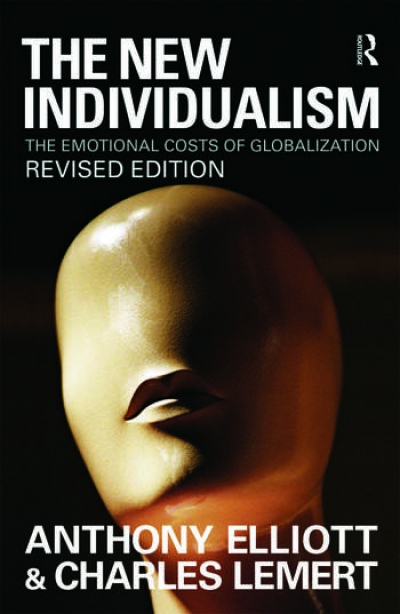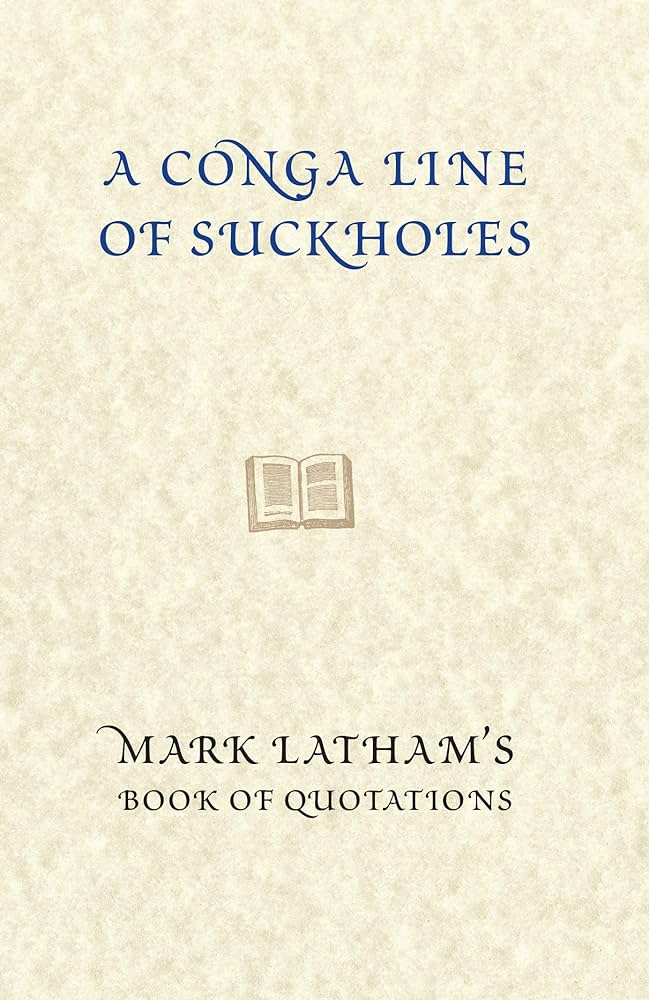Non Fiction
An earlier version of this history of Victoria first appeared in 1984 as Our Side of the Country. Though for the past sixteen years Sydney-born politicians Paul Keating and John Howard have usurped Victoria’s former almost constant ‘top position’ in Canberra, the possessive pride reflected in that early title still runs through this modern version ...
... (read more)Divas and Scholars: Performing Italian Opera by Philip Gossett
by Robert Gibson •
Google and the Myth of Universal Knowledge by Jean-Noël Jeanneney (trans. Teresa Lavender Fagan)
by Colin Nettelbeck •
The New Individualism: The emotional costs of globalisation by Anthony Elliot and Charles Lemert
by Sean Scalmer •
A Conga Line of Suckholes: Mark Latham’s book of quotations by Mark Latham
by Fred Ludowyk •
Things I Didn’t Know by Robert Hughes & North Face of Soho by Clive James
by Peter Rose •
The Wayward Tourist: Mark Twain's adventures in Australia by Mark Twain, with an introduction by Don Watson
by Robert Phiddian •














